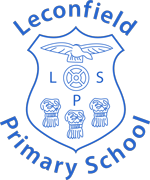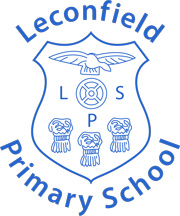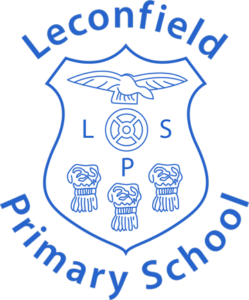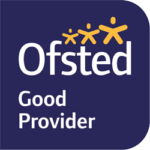Little Acorns and Acorns
Early Years Foundation Stage
We follow the Statutory Framework from the Department for Education with the Early Years Foundation Stage framework.
This has four principles that we follow:
- A Unique Child
- Positive Relationships
- Enabling Environments
- Learning and Development
To enable children to develop:
- Personal, Social and Emotional Development, (making Relationships, Self-confidence and self awareness, Managing feelings and behaviour)
- Communication and Language , (Listening and attention, Understanding and speaking)
- Physical Development, (Moving and handling and Health and self-care)
- Literacy, (Reading and Writing)
- Maths, (Number and Shape, space and measure)
- Understanding of the World, People and communities, The world, Technology)
- Expressive Arts and Design, (Exploring and using media and materials, Being Imaginative)
Areas within the Nursery and Reception classrooms:
- a writing area containing various writing implements and papers as well as envelopes and examples of good writing
- a book corner containing a range of fiction, non-fiction, poetry and class-made books
- a maths resource area which allows children to select appropriate items to help them solve practical problems
- a creative area containing resources for a range of art, design, music and technology activities
- a construction area containing resources for developing fine motor skills, social interaction and problem solving
- a small world area which allows children to extend fine motor skills, engage in imaginative play and develop language
- an area for sand, malleable materials (e.g. play dough) and water play, where children can engage in practical investigations
- a role play area which can be developed along themed line to cover several aspects of learning in “real life” scenarios.
Development & Assessment
The outside area is seen as an extension of the classroom and the above opportunities will be available outside as well as inside.
Through all of our strands we aim to develop the children as they Play and Explore, be an Active Learner and to have Creative and Critical Thinking.
The staff are constantly assessing the children in their everyday activities, play and through more focussed work. We use observations of the children, photos, the work that they do, feedback from parents and comments made by the children, as well as a new ipad app to decide where we believe the children are working in the 17 areas of learning.
This is based on the Development Matters document which gives statements for the ages of the children. We share this with parents and base the next steps for the children on this.
The planning each term and each week is taken from the previous week’s findings, the interests of the children and the next steps.
Further information:
‘Pupils are respectful of people with different backgrounds or beliefs.’
‘Leaders are working to further improve their curriculum.’
‘Pupils move around the school sensibly.’
‘Teachers encourage pupils
to read in a variety of ways.’
‘Pupils listen carefully to other people’s opinions.’
‘ Children learn to read as soon as they start at school. Welltrained staff skilfully help children to read with increasing confidence.’
‘Children enjoy exploring the purposeful learning environment that staff have created for them.’
‘Pupils are supportive of one another’
‘There are consistent routines and high expectations.’
‘Learning builds on what pupils already know. Teachers have strong subject knowledge and support pupils to develop their reasoning skills.’
‘ The early years staff know their children well.’
‘Leaders know how important it is for pupils to enjoy reading.’
‘Pupils enjoy attending this school.’
‘Pupils are confident that staff will help them if they have any concerns.’
‘Leaders ensure that staff have the training and support to meet the needs of pupils with SEND’
‘Pupils learn how to stay safe, including when using the internet.’
‘Pupils enjoy their role as ambassadors for the school, welcoming visitors and organising fundraising events.’
‘Pupils feel safe in school. Bullying is rare.’
‘In
mathematics, the ‘small steps’ of knowledge that pupils must learn are clearly identified.’
‘Pupils learn to develop their independence from an early age.’
‘Leaders encourage pupils to take on responsibilities in school.’
‘One group of pupils is supporting the community to develop a sensory garden in
the local area.’
‘Leaders and teachers promote a respect of different cultures and ideas.’
‘One pupil, typical of many, said, ‘We should treat others as we expect to be treated ourselves.’
‘Pupils enjoy taking part in a wide range of extra-curricular experiences, such as rugby club and choir.’
‘There are respectful relationships between adults and pupils.’
‘The safeguarding of pupils is a priority in school. Staff know pupils and families well.’
‘Staff have given careful thought to what
children will learning each term.’
‘ Pupils, including those with special educational needs and/or disabilities (SEND), are given extra support if
they fall behind.’
‘Across
the school, pupils behave well both in lessons and during social times.’



